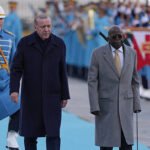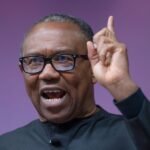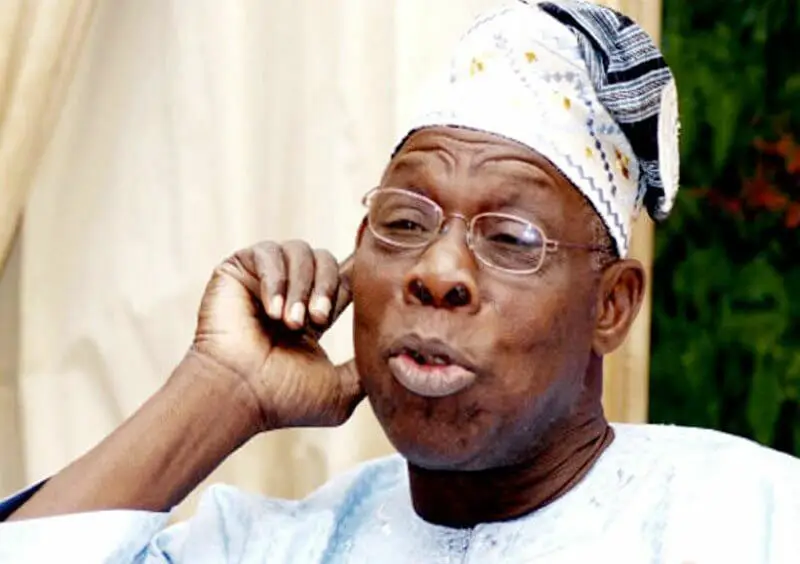
By Biola Lawal
(Flowerbudnews): The Tinubu Media Support Group (TMSG) has dismissed suggestion by former President Olusegun Obasanjo of a Zimbabwe economic model for Nigeria, describing it as worse than the Argentina prescription mooted by his former deputy, Atiku Abubakar.
The Group said in a statement issued on Monday in Abuja and signed by its Chairman, Mr Jesutega Onokpasa, that Obasanjo’s recommendation was not well thought out and not worth being considered.
“We heartily congratulate the former President of Nigeria Chief Olusegun Obasanjo on his 87th birthday, and we wish him more active years of fruitful contributions to nation building but we reject his advice for Nigeria to adopt the Zimbabwe model of economic reforms.
“We admit that unlike his former Vice President Atiku Abubakar, who recommended Argentina’s Shock Therapy, which the Abuja-based Independent Media & Policy Initiative (IMPI) aptly described as a “poison chalice”, the former President seems to be sincerely interested in pontificating a way forward for the nation in his own suggestion.
“Unfortunately, his counsel and prescription are not measurable on the proverbial scale of foresight and wisdom.
“This is because Zimbabwe’s economy has been one of the non performing economies in Africa, particularly under the leadership of late President Robert Mugabe, on account of political instability and poor monetary policy application and management as well as under his former deputy Emmerson Mnangagwa who is now President.
“Common Sense and decency demand that Nigeria should always look towards countries with record of successful economic reforms for solutions if we have to copy any model.
“A close look at the post- Mugabe economic reforms in Zimbabwe shows that, the most fundamental adjustment in that country’s macro-economy, is the outright adoption of the US Dollar, as against its former currency the ZWD, as official currency (a disincentive to Foreign Direct or Portfolio Investment).
“Although, the adoption US Dollar as the official currency increased Zimbabwe’s GDP to 5.3 percent in 2023, which made it one of the fastest growing economies in the Southern African Development Community (SADC), the World Bank has however projected a slow down of the country’s GDP to 3.5 percent in 2024.
“Today aside from US dollars, Zimbabwe has authorised the use of seven other foreign currencies (South African Rand, British Pound Sterling, Botswana Pula, Australian Dollar, Chinese Yuan, Indian Rupee, Japanese Yen) in domestic transactions until 2030.
“Worst still, the current inflation rate in Zimbabwe is at 47.6% while that of Nigeria is 29.9% which is slightly higher than the Obasanjo era rate of 28.2% (August 2005) and the unemployment rate is 7.80%, (higher than the Nigerian rate of 3rd Quarter of 2023).
“Economic reforms in Zimbabwe have not yielded any tangible or enviable result that could have warranted Nigeria, under the able, focused and promising leadership of President Bola Tinubu to look towards it as an economic role model and for this reason, Chief Olusegun Obasanjo’s advice is not acceptable,” it argued. (Flowerbudnews)










